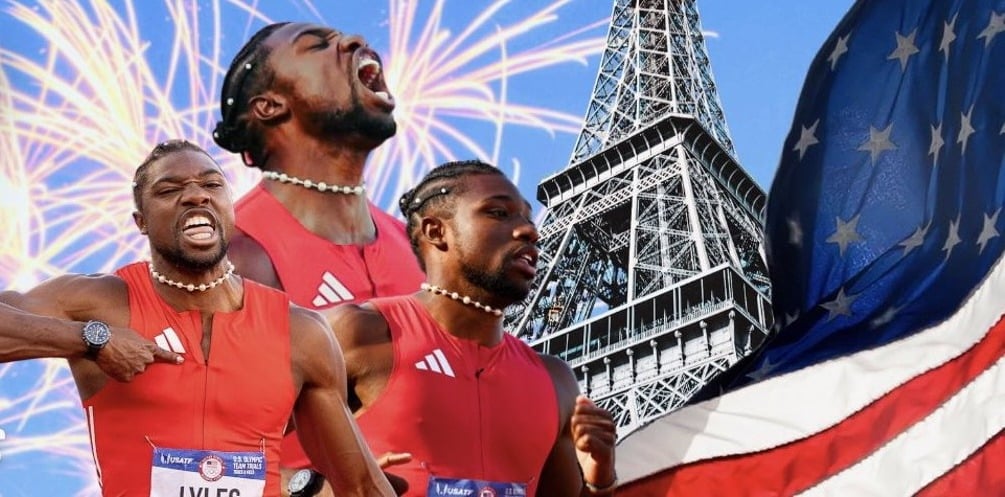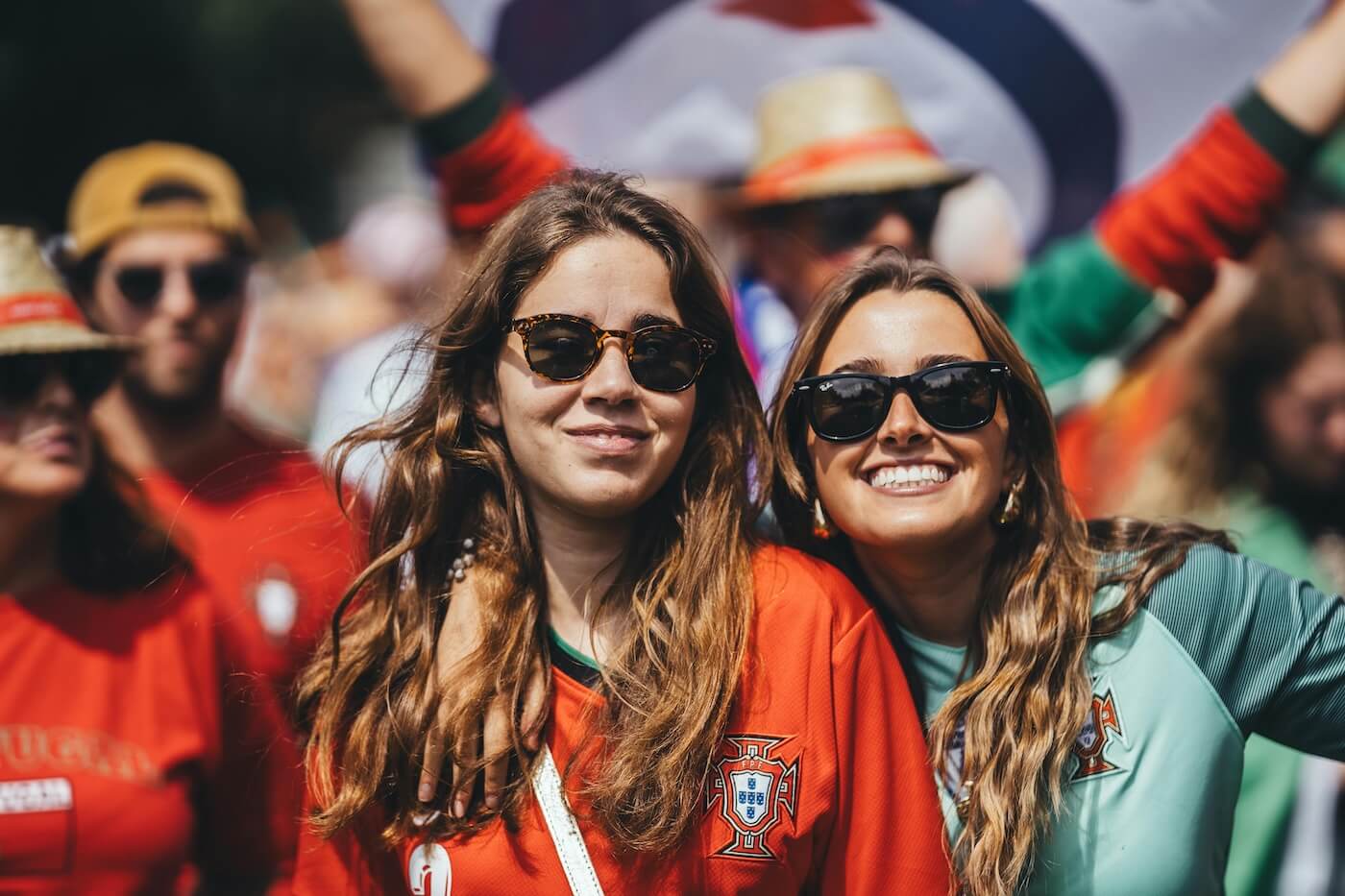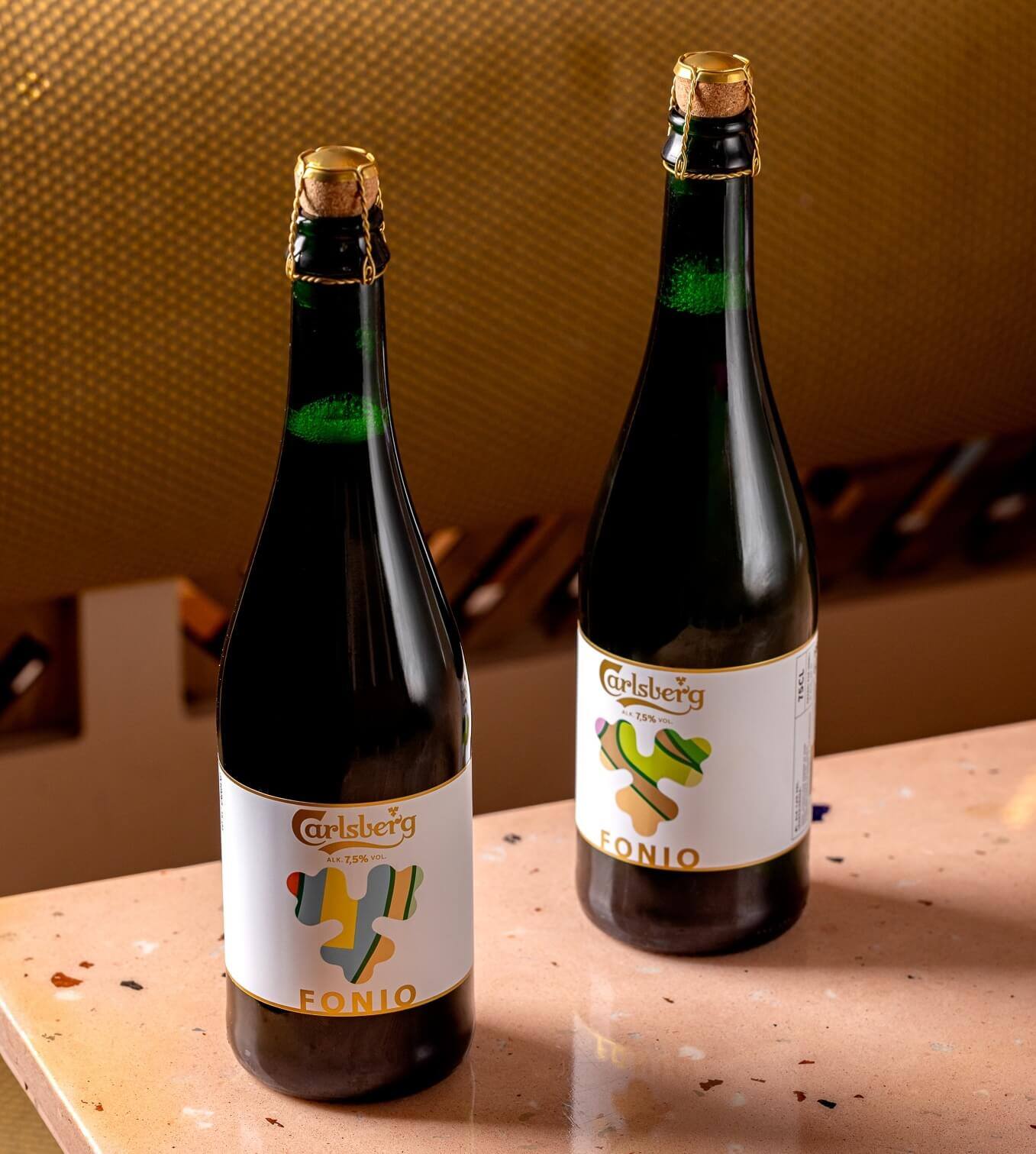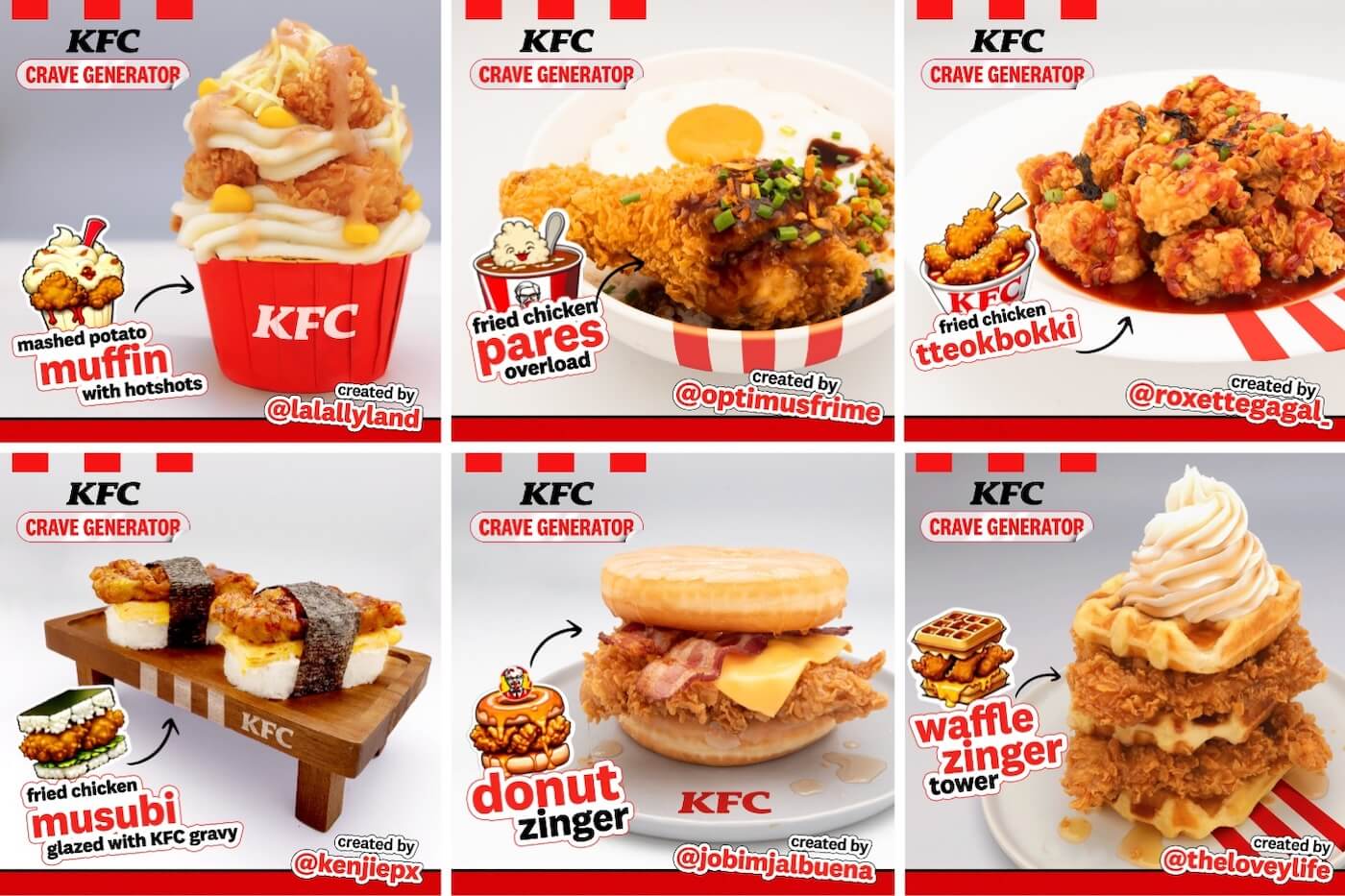Following George Floyd’s murder and #BlackLivesMatter, DEI job postings surged by 123%. However, with the US election looming and socio-political polarization spiking, companies are backpedaling, fearing the woke label. Zoom, Google and Meta have already scaled back their DEI initiatives, and now Microsoft joins the club, with a team leader sending an internal email declaring DEI is 'no longer business critical' while assuring their commitment remains steadfast… 😶
The World Benchmarking Alliance’s first Social Benchmark assessment provides another wake-up call. Its study evaluated the world’s 2,000 most influential companies — including major apparel and food brands — which collectively generate revenue equal to 45% of global GDP and employ 95 million people directly, plus hundreds of millions more indirectly. It found them lacking. Five key findings from the study:
🆘 HUMAN RIGHTS, DECENT WORK AND ETHICAL CONDUCT: A staggering 90% of the assessed companies fall short of fundamental societal expectations in these areas. Over 30% of companies scored between 0 and 2 points out of a possible 20.
🚫 DUE DILIGENCE: 80% of companies scored zero on initial human rights due diligence steps, such as identifying, assessing and addressing human rights risks and impacts.
🏛️ REGULATIONS: Companies in countries with human rights regulations scored nearly 60% higher on average than those in countries without such regulations.
💸 FAIR PAY: Only 4% of the 2,000 companies pay their direct employees a living wage, and less than 1% have set a target to do so. Just 3% support living wage payments in their supply chains.
🕵️♂️ TRANSPARENCY: A mere 11% of companies have established a policy that publicly outlines their approach to lobbying and political engagement, and only 5% disclose their lobbying expenditures.
Not only should the backpedaling stop, but it’s time to transform DEI commitments into accountability and action — from diversifying boardrooms to empowering factory workers. Both consumers and watchdogs are seeking tech solutions that can validate claims and clear up confusion; the dual forces of new laws and AI are paving the way. Are you ready to bring accountability to your entire supply chain?


![In-game image from [Beetlejuice] Escape the Afterlife on Roblox](https://www.trendwatching.com/hubfs/beetlejuice-escape-the-afterlife-immersive-experience-on-roblox.jpg)
















